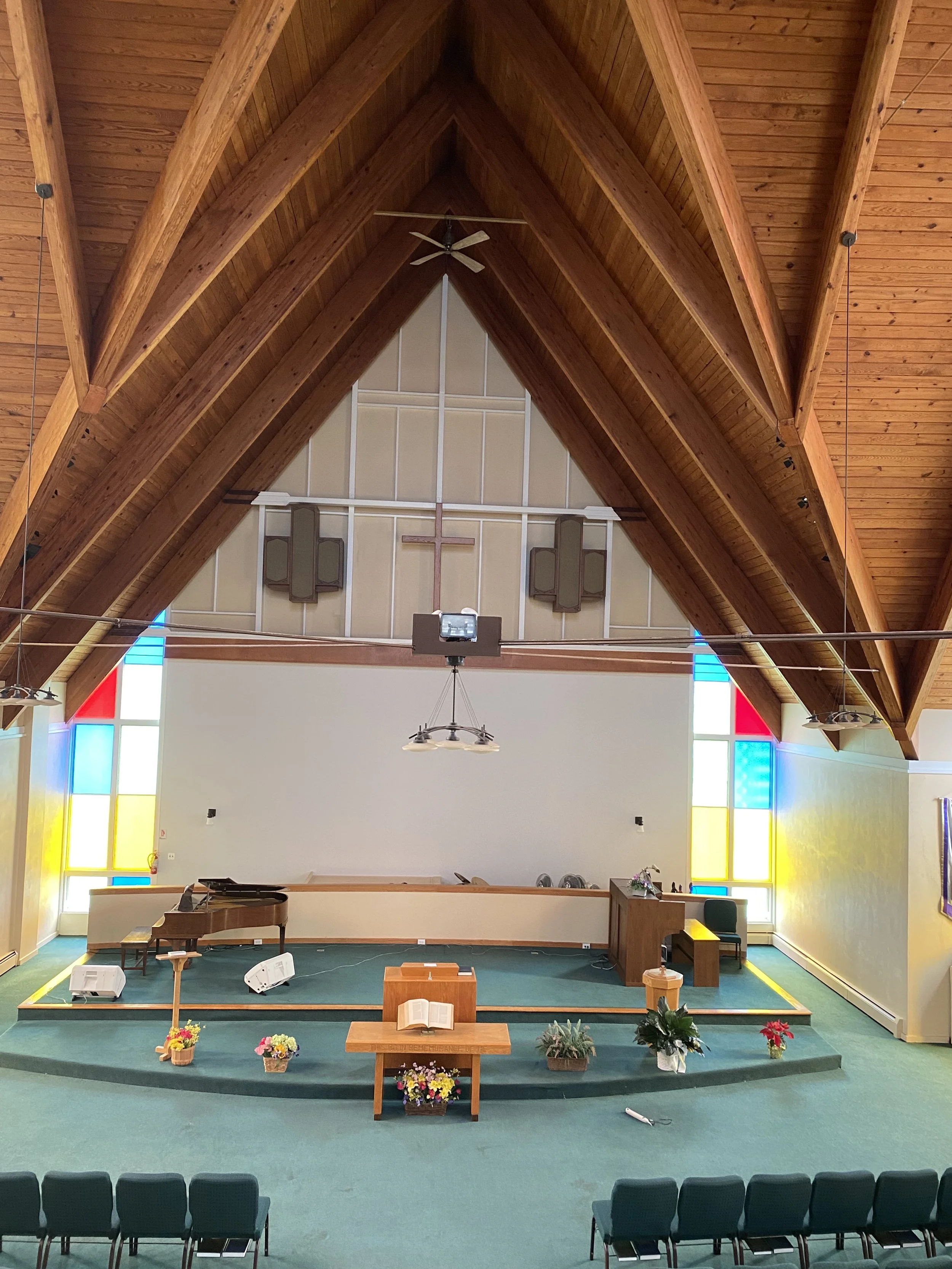These questions are designed to help you read and study the Bible passage that will be preached next week. Our prayer is that these questions will assist you in growing deeper in God’s Word as you examine the Scriptures daily to see if these things are so (Acts 17:11).
Read 1 Samuel 22:1–2.
1. Where is David?
2. Who joins David in this hiding place?
3. Read the following passages in your Bible: Matthew 9:9–13, Matthew 11:28–30, 1 Corinthians 1:26–31, Ephesians 2:11-13, and Acts 4:13. Do you see a pattern?
4. Looking at 1 Samuel 22:2, how does David’s reception of the marginalized point us to Jesus?
5. How should this pattern of welcoming the marginalized affect the way we live as individual Christians and as a church together?
6. What would it look like for Hope Church to be a refuge for people who are in distress, in debt, or bitter in soul (see v. 2)? What steps could we take to pursue this goal?
Read 1 Samuel 22:3–5.
1. Why did David bring his parents to Moab? Read Exodus 20:12 and 1 Samuel 17:12 for more context.
2. Read Ruth 1:1–5 and compare it with Ruth 4:13–17. Do these passages help illuminate why David chose Moab as a home for Jesse?
3. What does this action of David reveal about his character?
4. How are we called to honor our parents today?
5. Speaking through the prophet Gad, God told David to leave his stronghold (possibly Masada) and to return to Judah. Why?
6. How does God sometimes call us to leave “safe places” to pursue our calling in the Lord?
Read 1 Samuel 22:6–19.
1. Why is Saul so angry in vv. 6–8? Why does he refuse to speak David’s name, calling him simply the “son of Jesse”?
2. What does Doeg report in vv. 9–10?
3. How does Ahimelech, the priest, attempt to defend himself in vv. 11–15?
4. Why do Saul’s men refuse his orders in vv. 16–17?
5. Why was Doeg willing to commit the atrocities of vv. 18–19?
6. What do these atrocities show about Saul and the nature of evil?
Read 1 Samuel 22:20–23.
1. What do we learn about David’s character in these verses?
2. How is David a model of repentance?
3. David was a place of refuge for the priest of God. What are ways you need to take refuge in Jesus Christ, the Son of David, today?


